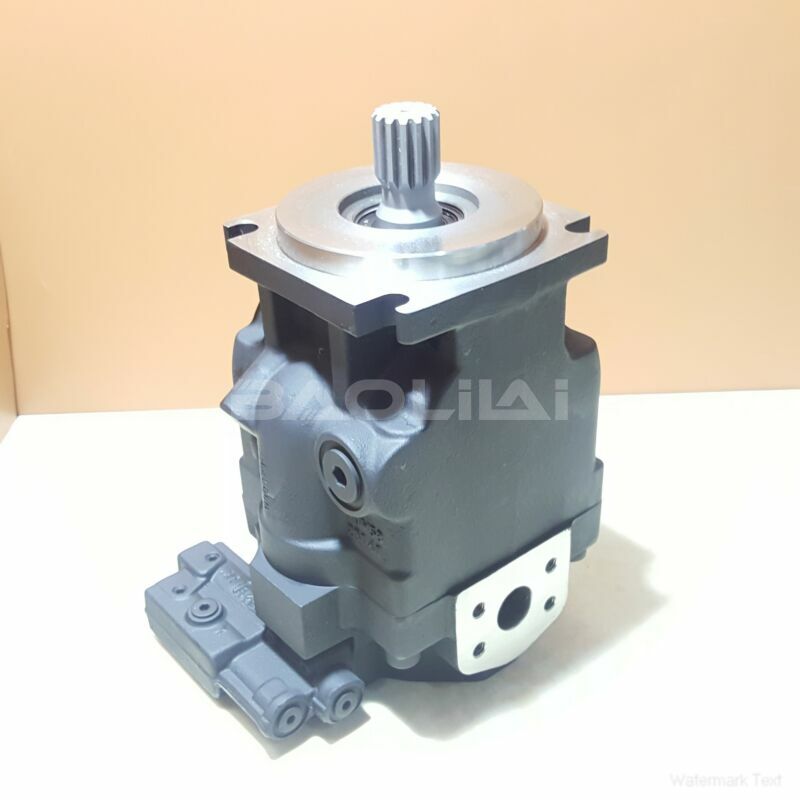JRRS60BLS2814NNN3S1NZA9NFFFJJJNNN hydraulic pump
JRRS60BLS2814NNN3S1NZA9NFFFJJJNNN hydraulic pump

- Product Details
- Applicable Scene
Hydraulic pumps play a crucial role in fluid power systems, particularly in oil refineries where efficient fluid circulation and handling are paramount. These pumps are essential for managing the movement of fluids throughout various processes, ensuring safety, efficiency, and reliability in operations.
JR-R-S60B-LS-28-14-NN-N-3-S1NZ-A9N-FFF-JJJ-NNN
JRRS60BLS2814NNN3S1NZA9NFFFJJJNNN
In an oil refinery, fluid power is indispensable for various applications such as mixing, transporting, and processing crude oil and its derivatives. The primary function of hydraulic pumps in this context is to convert mechanical energy into hydraulic energy, enabling the movement of fluids through pipelines and equipment. This transformation is vital as it allows for the efficient transfer of energy needed to operate machinery and perform complex processes.

83059461
One of the core advantages of hydraulic pumps is their ability to generate high power densities compared to other forms of energy transfer. This makes them particularly suitable for handling the large volumes and pressures associated with refinery operations. The use of hydraulic systems also enables better controllability and precision in manipulating fluid flow, which is essential for maintaining optimal processing conditions.
There are several types of hydraulic pumps utilized in oil refineries, including gear pumps, vane pumps, and piston pumps. Each type has its unique characteristics, advantages, and operational envelopes. Gear pumps, for example, are widely used due to their simplicity and reliability, making them ideal for transferring oil and other fluids with consistency. Piston pumps, on the other hand, are favored for high-pressure applications, offering greater efficiency in energy conversion while handling varying fluid viscosities.





